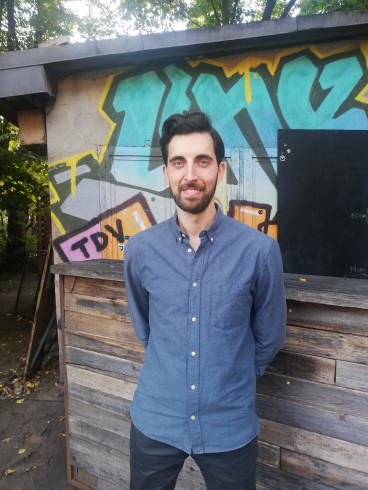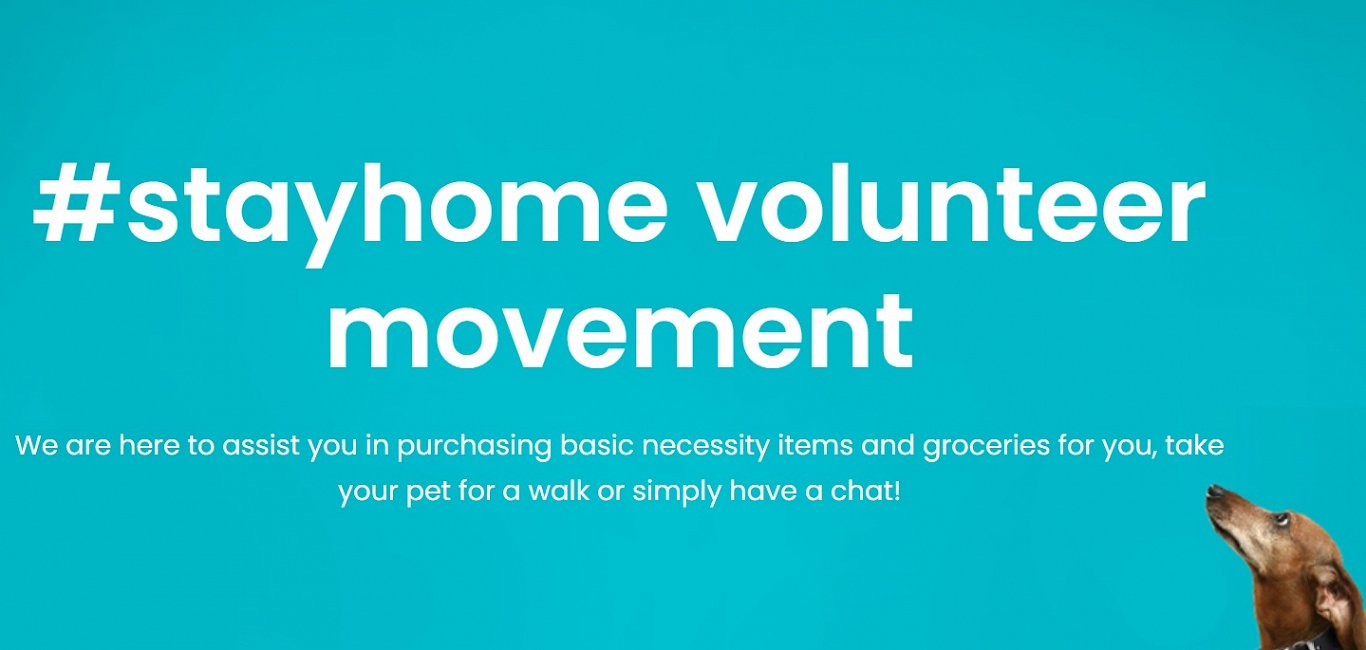As countries around the world continue battling Covid-19, leading the way in Latvia has been 30-year-old Riga tech entrepreneur Mārtiņš Zeps, co-founder and director of “Paliec mājās” (Stay at Home), a band of volunteers who go grocery shopping for housebound elderly and sick people during the lockdown.
And the benefits of this altruistic effort go far beyond getting meals on tables.
“Paliec mājās” is a case study in rapidly putting theory into practice. Back in March, Mārtiņš was taking part in a hackathon, and his team decided to tackle an issue that was then raising its alarming head in the real world – imminent lockdown. They quickly found state and corporate partners for their home deliveries scheme and attracted almost 1,000 volunteers.
People needing help shopping phoned to a call centre, their grocery lists were shared online, and potential helpers contacted the clients directly to make arrangements. The delivery was free, with payment for the groceries was done by bank transfer or cash after delivery.

As a Riga resident, I wanted to do something useful during the crisis rather than just sitting at home, so I started volunteering for “Paliec mājās.” So I ended up shopping for about a dozen elderly and disabled people, discovering previously unexplored corners of the city and getting a lot of satisfaction from doing something that was clearly needed.
Mārtiņš started volunteering while studying in the UK. Despite stereotypes about a lack of community spirit in post-Soviet states, he thinks this experience emphatically disproves that theory.
Helping the neighbors
Paliec mājās temporarily put itself into mothballs due to scant demand for its services after the first wave of coronavirus but was revived as conditions worsened. And earlier in the summer, it rebranded itself “Viegli palīdzēt” (Helping is Easy), seeking to harness the movement’s energy for causes beyond the pandemic.
In July, “Viegli palīdzēt” arranged for volunteers to read out loud to people online around Latvia, in what it describes as an effort to improve emotional health. It is also engaged in raising funds for the pro-democracy movement in Belarus, avoiding overt political campaigning while helping dissidents cover legal fees and other expenses. There is also a knowledge-transfer project to assist Moldova, which has been badly hit by the Covid crisis.
Whatever direction the movement takes, Mārtiņš stresses that everyone has gained from it. Some of the most enthusiastic volunteers for “Paliec mājās” were people who had lost their jobs due to the crisis, and who discovered that helping someone else gave them a positive focus.
































